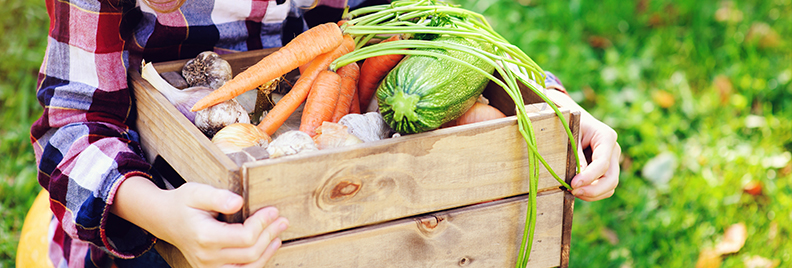
7 Easy-To-Grow Vegetables For A Kid-Friendly Garden
Creating a kid-friendly garden for your young’uns to dig around in is a pretty great way to get them excited about their vegetables! Kids are curious creatures who love exploring and getting their hands dirty, and gardening is an awesome way to satisfy those curiosities and get them out in the fresh air. With all the technology and mental overstimulation we face these days, sometimes the best thing to do is get in touch with nature.
Anyone who’s been around a kid for more than ten minutes knows that their minds are like sponges, and getting them involved in valuable hobbies early on will benefit them so much in the long run. Just think, your kindergartener could go from pulling radishes to grafting hybrid veggies like a mad scientist in a matter of years! If that’s not reason enough for growing a kid-friendly vegetable garden in Houston, then the bounty of fresh, free food will definitely sweeten the deal! Here are the best vegetables to grow in a child-friendly garden:
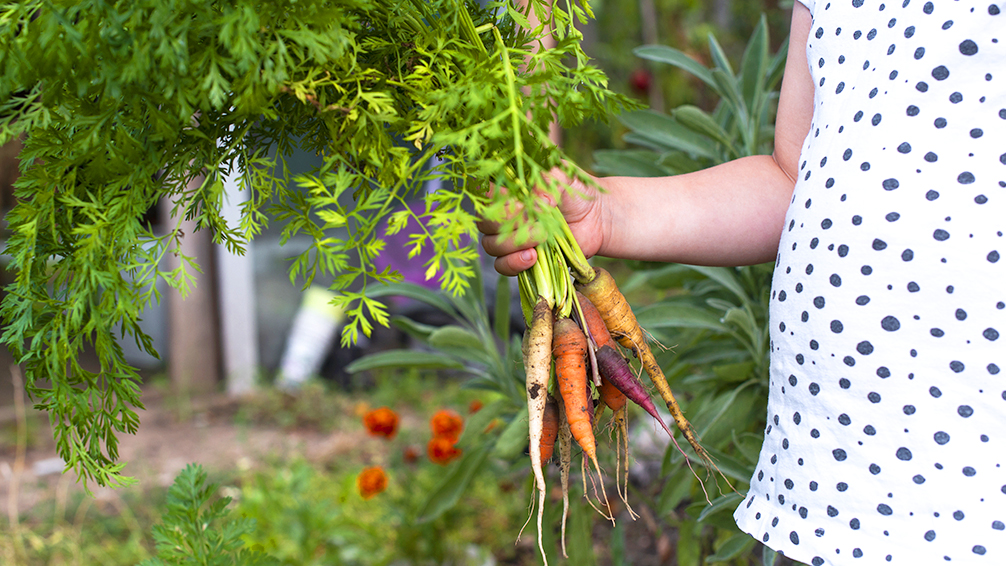
Our 7 Favorite Plants For A Kid-Friendly Vegetable Garden
Children have pretty limited attention spans (surprise surprise!), so waiting around for months and months for their plants to grow probably won’t go over well. Instead, opt for these fast-growing vegetables that are easy to maintain, so the kiddos can revel in the sweet victory of growing their own food!
Bush Beans: These fuss-free plants don’t require a trellis, like most other bean varieties, so they’re pretty simple to start. You can sow beans directly in the ground, but we like starting them in little cups of soil on the windowsill first. This way, your children can label their own personal seed cups with their name, and excitedly check on them each day as they start to sprout.
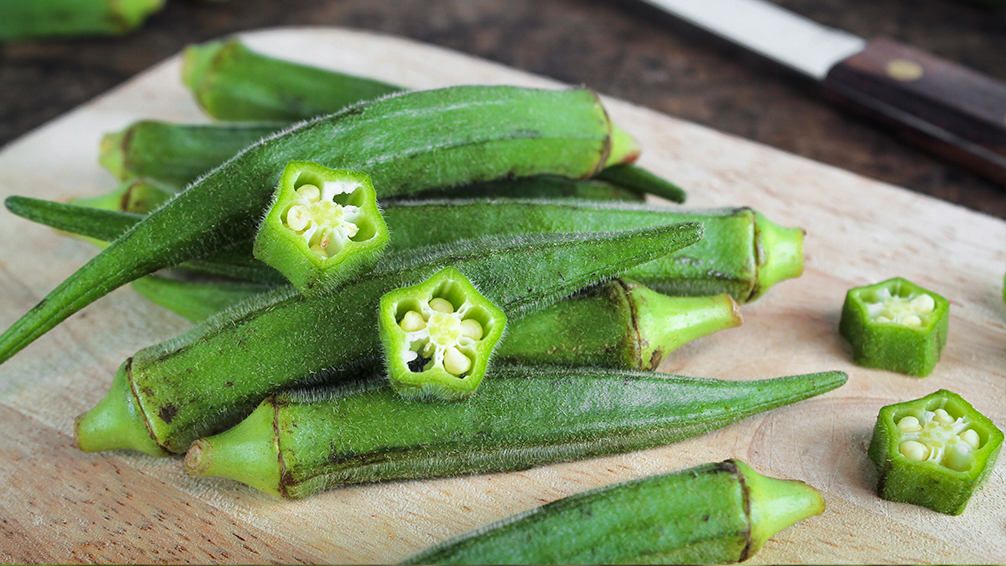
Okra: While it isn’t the most commonly recognized vegetable around, okra definitely deserves more love, because it’s so healthy, and so easy to grow! It’s perfectly adapted to the hot weather and sandy soils of Texas—you’ll just need to water it well about once a week. We recommend buying a spineless variety, because some okra plants are pretty pointy and might end up hurting your little ones if they don’t wear protective gloves.
Eggplant: Kids always seem to get a kick out of watching eggplants grow. After all, they get their name from their fruits, which start out looking just like little white eggs, but eventually turn big, bright and purple. They prefer higher temperatures, so starting them in the spring is your best bet. They also need lots of moisture so their fruits grow big, so it helps to apply a layer of mulch around the plants to block the sun from drying up all the water in the soil. They can get a bit heavy too, so you’ll likely need a stake once your plant starts producing more than five fruits at a time. If you start a bit behind schedule, just pick up a starter plant that’s around two months old, so their growth won’t get stunted if it starts to cool down a bit in autumn.
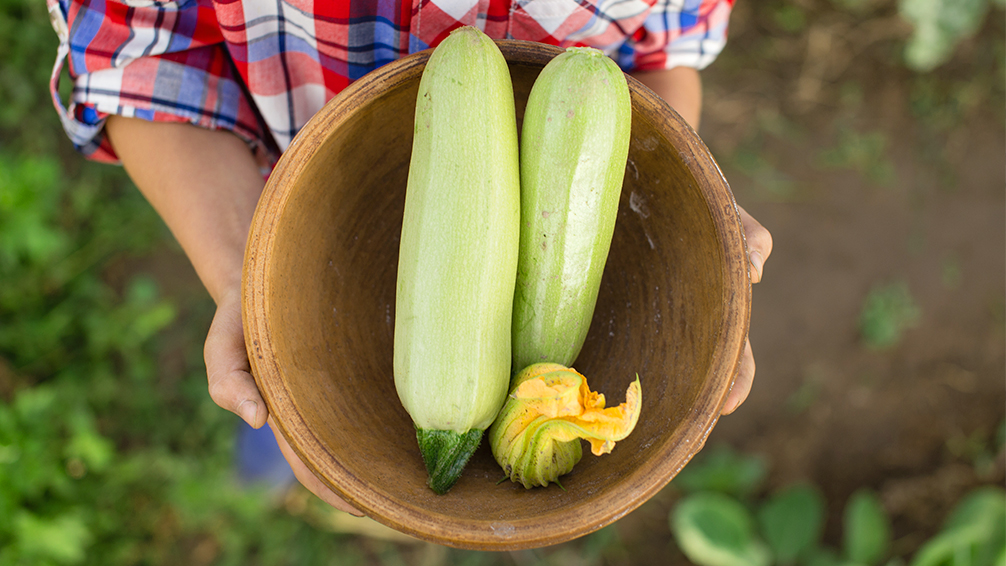
Summer Squashes: The great thing about delicious summer squashes is the high volume of produce you’ll get out of each harvest. And luckily, with so many creative ways to cook them, you’ll never run out of ways to use your yield! Our favorite summer squash varieties include zucchinis, yellow straight, crookneck, and pattypan squash. Dice them to add into pastas, roast them with oil and herbs, or grab a spiralizer and twist them into healthy veggie noodles. Your little ones will gobble them up without hesitation!
Winter Squashes: For a fun project to start on summer vacation, try planting some winter squashes! In Houston, it’s best to start them in June or July, so you can enjoy them later in autumn. Pumpkins are always a favorite among kids since they grow to such colossal sizes. You can also try butternut, acorn, and spaghetti squashes—they’re so delicious and surprisingly versatile, so you won’t have any trouble finding ways to make good use of them. Hot tip: they taste amazing fried up with butter and fresh garden sage!
Melons: Nothing beats a sunny day at the beach with a tupperware container full of sliced, fresh melon. Even better when the melon is fresh from the garden! Melons like cantaloupe and honeydew mature a bit more quickly, usually producing fruit in under two months. Watermelons take longer, but it’s dependent on which variety you choose. Smaller varieties may take around 75 days, while the jumbo melons can sometimes take over 100 days to mature. Melons need warm weather and moist soil, so it’s best to start them and spring and water them very regularly during dry spells.
Edible Flowers: While these aren’t technically vegetables, it never hurts to toss some pretty flowers into the mix. Plus, they’re edible and super healthy, so you get the best of both worlds! Nasturtiums and pansies are the most popular edible flowers and can be added into salads, or even pressed onto cookies and cakes. Make some carrot cupcakes and plan a decorating party with your fam for a rainy day activity that will make great use of the edible flowers in your garden.
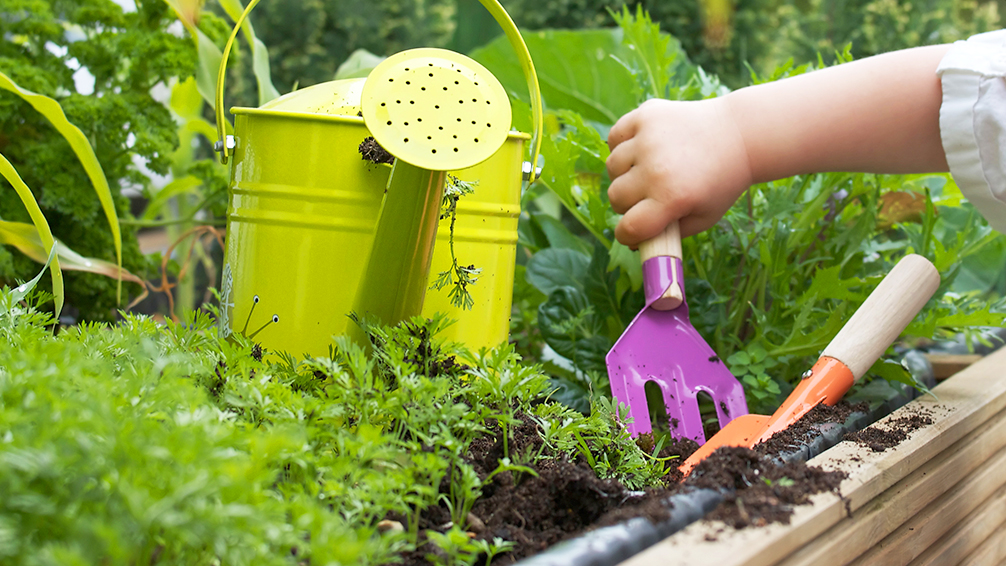
How Do You Start A Vegetable Garden For Kids?
To make sure your vegetable garden project goes off without a hitch, follow these tips for kid-friendly garden design:
- When sowing seeds or transplanting your starter plants, space them out with some extra room in between. Kids can be a bit clumsy, and this will help prevent them from stumbling and trampling the plants.
- If you have more than one child at home, set aside a day for them to decorate and personalize some plant pots. They’ll love having their own special plants to take care of, and it will reduce the chance of competitive siblings arguing over whose plant is whose!
- Buy some garden tools designed for children that are smaller in size and less likely to poke someone’s eye out.
- Always remember to reapply lots of sunscreen! When you’re out in the garden all afternoon, it’s easy to forget about how much sun you’re getting.

Give the next generation of gardeners a head-start on growing their own fresh, organic produce at home! There are so many valuable learning experiences to gain from gardening. Who knows, maybe your child has a bright future in botany ahead! Visit Plants for All Seasons to grab all the gear you’ll need to kick off this fun family project.
